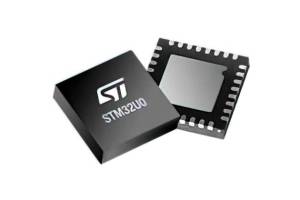-
Environmental Adaptability
- Automotive Grade Products: These products are designed to operate in extreme environments such as high temperature, low temperature, high humidity, and high vibration. They must adhere to stricter standards such as AEC-Q100 or AEC-Q200, specifically tailored for testing the reliability of automotive applications.
- Industrial Grade Products: While industrial grade products can also withstand harsh environments, their standards are typically not as stringent as automotive grade products. Industrial grade products often have a wider temperature range (e.g., -40°C to 85°C), suitable for most non-automotive industrial applications.
-
Reliability and Lifespan
- Automotive Grade Products: The design and manufacturing of these products must support the entire lifecycle demands of automobiles, typically requiring high reliability and long lifespan, as the consequences of automotive product failures can be severe.
- Industrial Grade Products: Industrial grade products also require high reliability, but their design lifespan and testing standards may differ from automotive grade products, typically tailored to specific industrial application requirements.
-
Performance Requirements
- Automotive Grade Products: High performance and safety standards are required, including error detection and correction capabilities, as well as stability under extreme conditions.
- Industrial Grade Products: While performance requirements are also high, they may prioritize cost-effectiveness and adaptability to a wide range of industrial environments rather than extreme conditions.
-
Certification and Testing
- Automotive Grade Products: Rigorous testing and certification processes are required, including temperature cycling, humidity testing, vibration, and shock testing.
- Industrial Grade Products: While similar tests are conducted, standards may vary slightly, focusing more on the stability of the product in specific industrial environments.
-
Cost
- Automotive Grade Products: Due to their high reliability and strict testing requirements, the cost is usually higher than industrial grade products.
- Industrial Grade Products: Typically seek a balance between cost and performance to meet the diverse demands of the industrial market.
In summary, TI's automotive grade products are primarily designed for the automotive industry's high reliability, high performance, and strict environmental adaptability, while industrial grade products are more diverse, adapting to various industrial environments, emphasizing cost-effectiveness and broad adaptability. The choice between the two depends primarily on the specific requirements and environmental conditions of the application.





